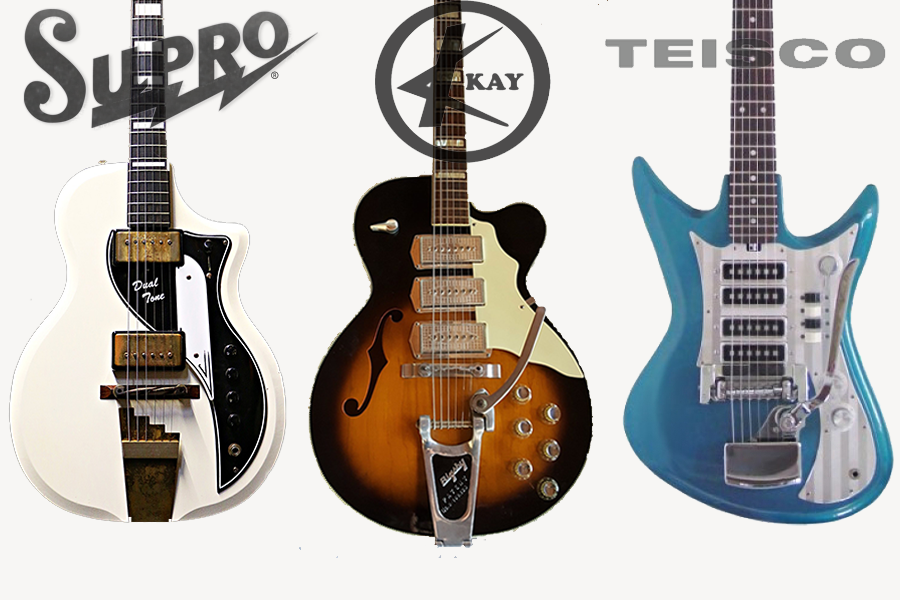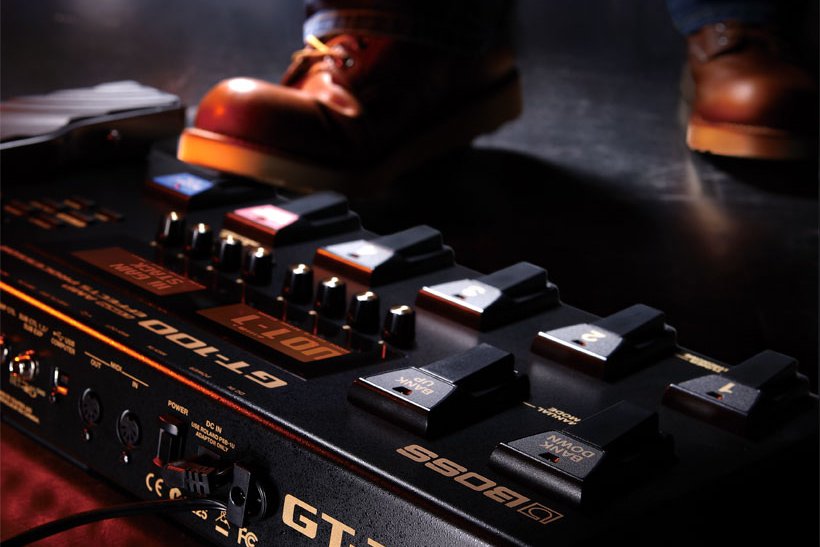Choosing Electric Guitar Strings
There are as many styles of playing the guitar as there are styles of music. And while everyone knows that choosing a guitar or amp is a vital part of good sound, the right guitar strings are an important component as well. Different string gauges (thickness) produce both different sound and a different feeling while playing, which can change your style. They are measured in inches and usually referred to by the thickness of the smallest (high E) string. Here are a few factors to consider.
Thickness
The first thing to consider is what kind of sound you want to have. If you like to shred a fast solo, choosing a light gauge like 0.08 or 0.09 allows you to easily slide on the fretboard and makes those fast passages easier. However, you will lose some of the thickness in the low frequencies.
If you play more rhythm and prefer chords, a thicker gauge like 0.010 or 0.011 might feel better. There are even guitarists who play with 0.012 or 0.013 with a d-drop for more bass sound. Maybe that’s why .010 is a popular gauge, since it is right in the middle.
There are also “hybrid” sets with thicker gauges on the wound bass strings and lighter on the high strings, or vice versa. Or, you can just go to your local music store and buy individual strings in your preferred gauge to have the combo you are looking for. The best thing to do is to experiment and find what fits your playing style and your guitar. For those just starting out, small thicknesses can be a good choice.
An important note: When you change your strings to a different gauge, you should make sure to set up the guitar accordingly. If you don’t know how to do that it is best to take it to a professional.
Material
Electric guitar strings come in a number of different materials: nickel, steel, titanium, etc. Some strings include special coatings to prolong the life of the string. There are also different methods of winding the string: roundwound, halfround and flatwound. All of these attributes have an effect on the string’s feel and sound. But rather than go into an in-depth discussion here, it’s better to simply try them for yourself, because you can never really know what you prefer until you feel it and hear it.
Brands
Like all musical equipment, there are a huge variety of strings available, and each one sounds slightly different. Here are a few examples:
D’Addario
D’Addario is a well-known brand in the string market. It is much-preferred in the world of classical guitar; but a set of D’Addarios is a trusted name in electric guitar strings as well.
Ernie Ball
One of the most widely seen brands of string in music shops everywhere, Ernie Ball that is preferred by guitarists who play rock, because of its crunchy and hard sound. They also make string sets in a wide variety including 7 and 8 string. Play a little rock and roll and you’ll see the difference.
Elixir
Of course, one of the biggest problems for guitarists is changing the strings every two weeks because they sound “dead”. Elixir strings claim to have longer life due to a special coating used on the string. It also gives a slippery feel which can be felt when you play a solo. Some guitarists use only Elixirs, while others think it is a simple marketing ploy. One thing is for sure: Elixirs are much more expensive than the average string set.
Gibson
If you like the vintage sound then you might want to try Gibson strings, because they send you the characteristic sound of the 70’s. They are also quite comfortable and not so heavy on the fingers.
DR
DR is another premium string brand which is preferred by many famous guitar players. They stress that all their strings are handmade using traditional processes for higher quality results. They have different styles of strings according to different types of music, so choose the one that fits you the best. They even make neon glow-in-the-dark strings!
These are just a few of the many brands on the market, so experiment until you find your preference. Knowing exactly the type of strings you like will help you avoid those nights when your guitar just doesn’t “feel” right. Remember, it’s your ears and it’s your style!
What kind of strings do you play? Feel free to share below.

 Other blog items you might be interested in...
Other blog items you might be interested in...


